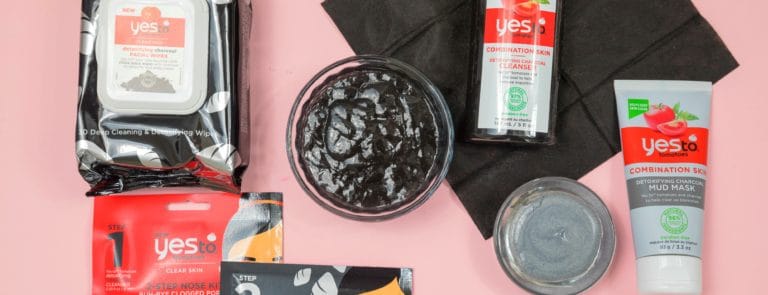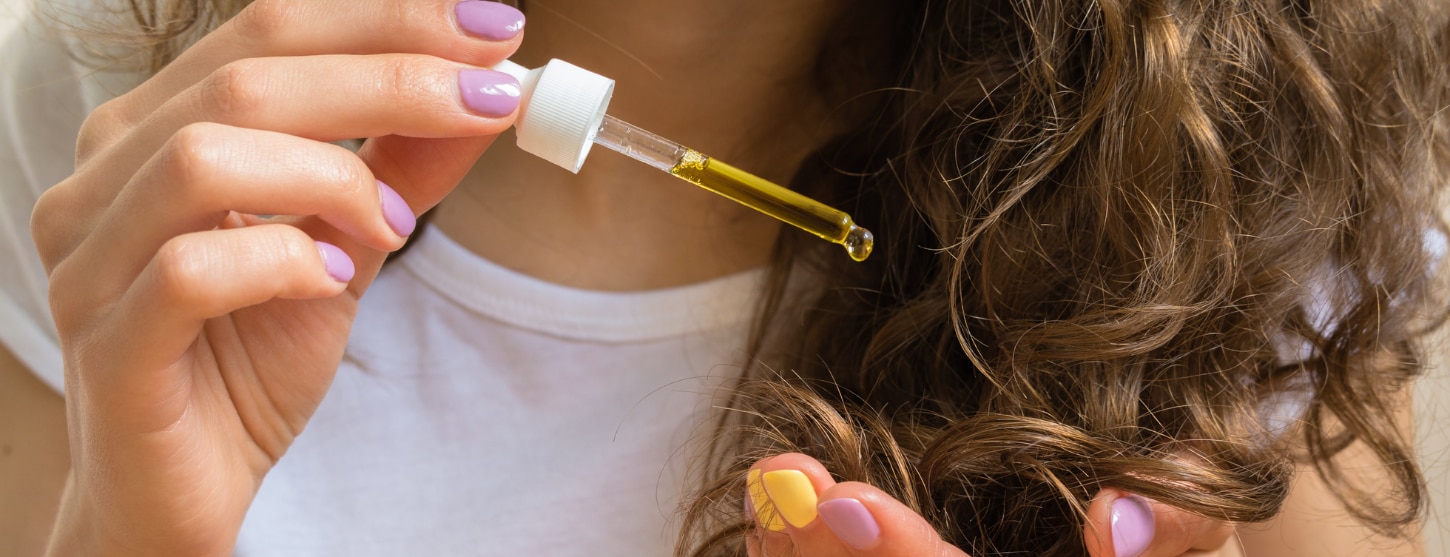15% off £30 OR 20% off £40
Folic acid benefits for skin

Summary
1What is folic acid?
Folic acid, also known as folate or vitamin B9, is an essential water-soluble vitamin that plays a crucial role in various physiological processes...
2Folic acid benefits for skin
Folic acid is essential for several processes in the body, so it makes sense that it is great for your skin too (it is our largest organ, after all...
34 forms of folic acid for skin
Capsule Supplements: Folic acid is available in the form of oral capsules or tablets as a dietary supplement. These supplements come in...
Most people first hear of folic acid while pregnant, as healthcare professionals advise expectant mothers take it as a supplement to keep their baby healthy.1
However, pregnant women are not the only ones that can benefit from folic acid. This essential vitamin belongs to the B-vitamin family and plays a critical role in various biological processes in the body, particularly in the synthesis and repair of DNA and the production of red blood cells.2
Folate is essential for overall health, and it is particularly crucial during periods of rapid growth, such as pregnancy and infancy.3
In this article we will look at how this potent vitamin can not only contribute to good health but could also give your skin a glow in the process...
What is folic acid?
Folic acid benefits for skin
- Support skin health & protect against photoaging
While folic acid itself does not directly reduce sun damage or fight photoaging, its involvement in DNA repair, antioxidant activity, collagen production and melanin synthesis, indirectly contributes to skin health and protection against sun-induced damage.6,7
Topically applied folic acid has been shown to help reduce some visual indicators of sun damage, including, firmness, and wrinkle severity.8,9
- Skin cell production and turnover
Folic acid is involved in DNA synthesis and cell division, which are crucial for the production and turnover of skin cells.10
Proper cell turnover is necessary for maintaining a healthy skin barrier function.11
A healthy skin barrier regulates water loss from the inside out, retains moisture, and keeps your skin hydrated and glowy.12
- Collagen Synthesis:
One scientific study found that applying folic acid and creatine was able to boost collagen metabolism and increase skin firmness in participants.13
Using powerful laser scanning microscopy, researchers were able to identify an increased expression of collagen genes, higher levels of procollagen, and improved density of collagen fibres.13
It is important to note that while these general mechanisms suggest a potential role for folic acid in supporting healthy skin, further research is needed to establish the connection between folic acid, the skin, and its barrier function.
4 forms of folic acid for skin
- Capsule Supplements: Folic acid is available in the form of oral capsules or tablets as a dietary supplement. These supplements come in different dosages, and it's essential to follow the recommended dosage as advised by a healthcare professional.
- Powder: Some dietary supplements may offer folic acid in powdered form, allowing for flexibility in dosage and ease of consumption.
- Moisturisers & creams: Certain skincare products, particularly moisturisers, may contain folic acid as an active ingredient to support skin health and hydration. Designed for topical use and may be applied directly to the skin.
- Serum: Folic acid serums are formulated to deliver the active ingredient directly to the skin and may be used as part of a skincare routine.
Increasing folate levels through what you eat

Examples of foods rich in folic acid
- Leafy greens (lettuce, broccoli, kale, and spinach)
- Brussels sprouts, asparagus, and peas
- Fruits (oranges, bananas, avocados)
- Legumes (beans, lentils, chickpeas)
- Mushrooms
- Meats including pork, poultry, kidney, and liver
There are lots of way to incorporate folate-rich foods into your daily diet and most people can get the folic acid they need from what they eat.15 However, there are some exceptions to this, such as women who are trying to conceive or are in the early weeks of pregnancy.15
The UK government have even made moves to make it mandatory for flour producers to enrich their products with folic acid to reduce birth defects nationwide.16
Folic acid is the synthetic form of vitamin B9 used in dietary supplements and fortified foods. It is a more stable and bioavailable form compared to natural folate, which means it can be better absorbed by the body.17
Folic acid is widely used in supplements and is commonly added to fortified foods, such as cereals and grain products.
Many foods commonly found in your cupboards are enriched with folic acid, including:18
- Marmite
- Bovril
- Corn flakes and other cereals
- Wheat bran
- Some bread and flour

The final say...
- https://www.nhs.uk/pregnancy/keeping-well/vitamins-supplements-and-nutrition/
- https://www.jhrr.org/text.asp?2014/1/1/5/143318
- https://www.ncbi.nlm.nih.gov/pmc/articles/PMC3218540/
- https://ods.od.nih.gov/factsheets/Folate-HealthProfessional/
- https://www.nhs.uk/conditions/vitamins-and-minerals/vitamin-b/
- https://www.mdpi.com/2076-3921/10/6/871
- https://www.ncbi.nlm.nih.gov/pmc/articles/PMC5986434/
- https://pubmed.ncbi.nlm.nih.gov/18254806/
- https://www.ncbi.nlm.nih.gov/pmc/articles/PMC4912249/
- https://ods.od.nih.gov/factsheets/folate-HealthProfessional/
- https://www.ncbi.nlm.nih.gov/pmc/articles/PMC2861991/
- https://pubmed.ncbi.nlm.nih.gov/14728698/
- https://pubmed.ncbi.nlm.nih.gov/21332911/
- https://www.bda.uk.com/resource/folic-acid.html
- https://ods.od.nih.gov/factsheets/Folate-Consumer/
- https://www.gov.uk/government/news/folic-acid-added-to-flour-to-prevent-brain-and-spinal-conditions-in-foetuses
- https://www.ncbi.nlm.nih.gov/pmc/articles/PMC3257685/
- https://homehealth-uk.com/folicacid/















